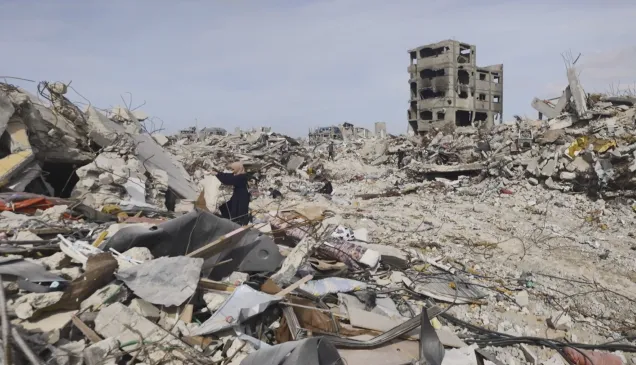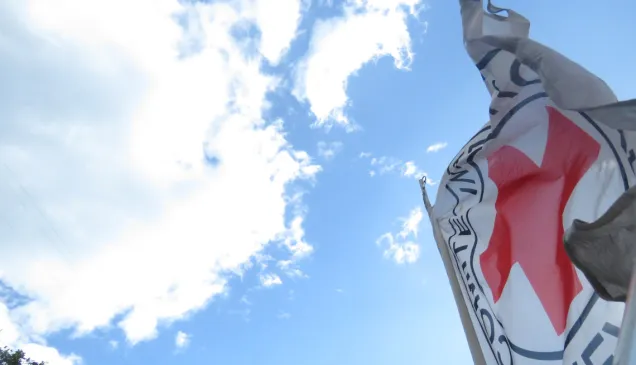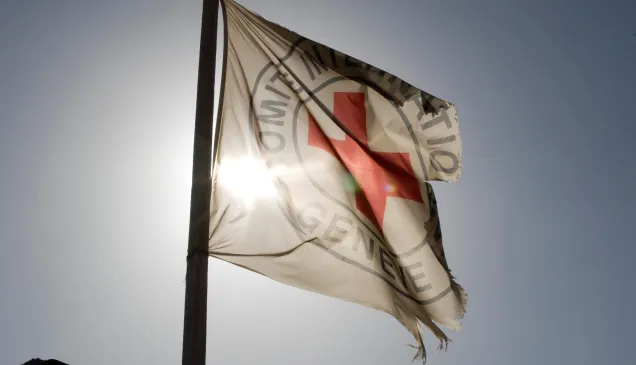Lebanon: ICRC working with Lebanese authorities to improve prison conditions
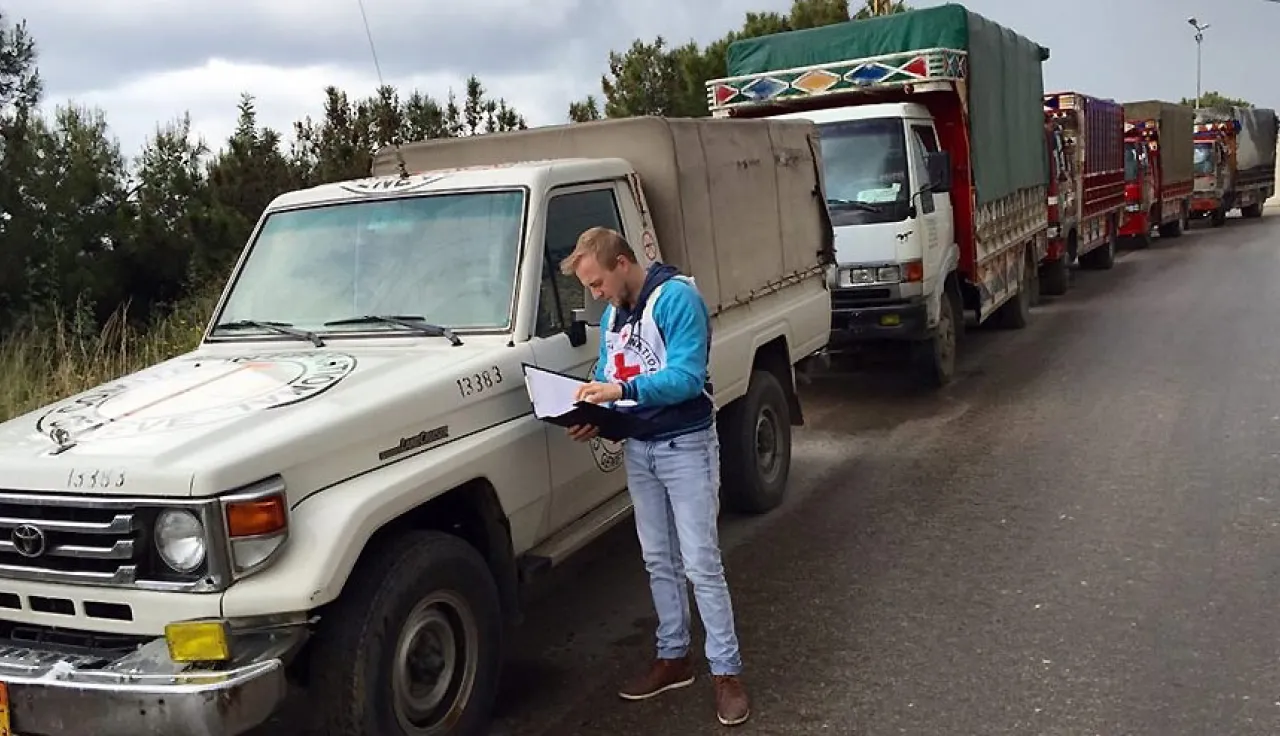
On 25 June 2015, the head of the ICRC delegation in Lebanon, Fabrizzio Carboni, met with the Lebanese Interior Minister, Nohad el Machnouk. Coincidentally, the meeting took place on the eve of the International Day in Support of Victims of Torture (26 June). Following the meeting, Mr Carboni agreed to answer some questions concerning the ICRC's detention-related activities in Lebanon.
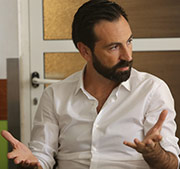 |
Fabrizzio Carboni, |
Your meeting with the Minister took place just a few days after the release of a video depicting the ill-treatment of detainees in Roumieh Prison that provoked strong public reactions. Did you talk about this?
We discussed various subjects, including ill-treatment in Lebanese places of detention. I reiterated the ICRC's concern, underscoring our strong support for the Lebanese authorities' intention to investigate ill-treatment in Roumieh Prison. But we're not concerned about just one place of detention. All detainees must be treated humanely everywhere, at all times, especially immediately after arrest and during interrogation. We therefore encourage the authorities to take similar measures in other places of detention across the country if necessary.
Today is the International Day in Support of Victims of Torture. Unfortunately, no country is entirely immune from this phenomenon, which is in complete violation of international law. Torture and cruel, inhumane or degrading treatment affect not only the victims themselves but also their families, communities and society as a whole. Throughout the world, including Lebanon, our role includes preventing torture and other forms of ill-treatment. This mainly involves visiting places of detention and sharing our concerns with the authorities performing detention functions, be they the ministry of the interior, the security services or the army.
How are conditions of detention in Lebanon?
As a rule, we only share our observations with the authorities concerned. However, as the authorities have recognised the issue publicly, we can confirm that conditions generally leave much to be desired. I'm talking mainly about overcrowding in some places of detention, including Roumieh prison, and deteriorating infrastructure. This puts a lot of strain not only on the inmates but also on the prison staff.
What is the ICRC doing to improve the situation?
We're renovating certain places of detention, in agreement with the detaining authorities. We've repaired the ventilation system in Rihaniyeh Military Prison and installed a new ventilation system in Tripoli Prison, which operates under the authority of the Internal Security Force. We're also helping the detaining authorities to provide better health services. This has included starting work on a new medical centre in Zahle Prison, which will be completed in 2015, donating an X-ray machine to the medical centre at Roumieh Prison and helping disinfect cells in Tripoli Central Prison in 2014, to prevent the spread of scabies and other contagious diseases. On occasion, we also provide detainees with essential supplies, such as clothing, hygiene items, mattresses and blankets, as we did after the recent riots in Roumieh Prison.
But more still needs to be done, and this year we budgeted one million dollars for improvements to the living conditions of detainees. Part of this sum is to be used for the renovation of district prisons. We are now in the process of concluding a project agreement with the authorities. The agreement has yet to be approved by the Council of Ministers and we hope that approval will be forthcoming quickly. If it is not, we might not be able to launch our projects this year, nor get additional funds for next year.
But while we are happy to help, responsibility for ensuring adequate conditions in prisons lies with the authorities concerned. In our view, the solution is to replace old prisons with new ones that have adequate facilities and services, especially when it comes to health, which is another matter of concern to us at present. Our role is to provide support, addressing the most urgent needs.
How are your relations with the Lebanese authorities on detention-related matters?
In general, we maintain a good level of dialogue with the Lebanese authorities at all levels, and we can raise various matters of concern. The authorities are keen to improve the situation in the penitentiary system, which makes our dialogue all the more constructive. Yesterday's meeting with Mr Nohad el Machnouk was a good example of this dialogue.
The ICRC has been visiting places of detention across Lebanon on a regular basis since 2007, after signing an agreement with the government. Since 2014, the ICRC has carried out more than 200 prison visits.

